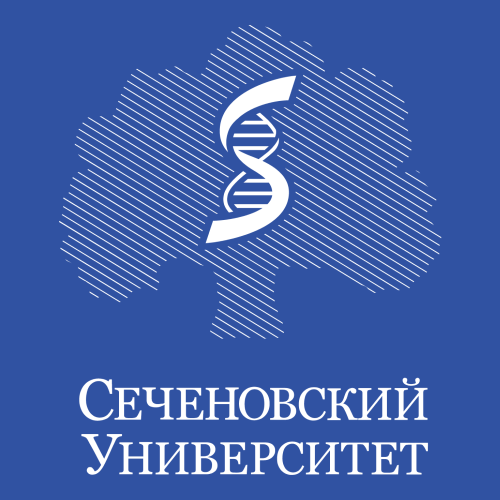Отдел ингаляционной токсикологии

Отдел ингаляционной токсикологии в составе Испытательного лабораторного центра осуществляет исследования различных объектов окружающей среды (пестициды, агрохимикаты, стройматериалы, нефтепродукты, бытовая химия, лакокрасочные изделия) с использованием современных токсикологических, санитарно-химических и физических методов исследований. В соответствии с программой гармонизации нормативных документов Таможенного союза с Европейским Законодательством токсикологические исследования проводятся как на лабораторных животных, так и на альтернативных моделях. Отдел обеспечивает проведение неклинических и доклинических исследований. Все работы выполняются в рамках действующего законодательства Российской Федерации и Таможенного союза, государственных стандартов, санитарных норм и правил с учётом последних достижений в мировой практике исследований в соответствии с ГОСТ ISO/IEC 17025-2019 "Общие требования к компетентности испытательных и калибровочных лабораторий", ГОСТ Р 53434 "Принципы надлежащей лабораторной практики" (GLP). Отдел имеет аттестат аккредитации национальной системы аккредитации на соответствие требованиям ГОСТ ISO/IEC 17025 и свидетельство о соответствии требованиям GLP. Отдел оснащен современным испытательным, измерительным оборудованием, автоматизированными компьютеризированными системами, обширными базами данных по химический безопасности, персонал имеет высокую квалификацию и большой опыт работы в своей области, что в совокупности обеспечивает высокое качество проводимых исследований, осуществляемых в максимально короткие сроки. Сотрудники отдела участвуют в разработке научно-технической, информационно-справочной, нормативной и иных видов документации . Отдел имеет утвержденную программу дальнейшего развития в области токсиколого-гигиенической оценки опасности различных объектов окружающей среды.
- Качественная и количественная оценка токсичности и опасности химических веществ.
- Гигиенические исследования по регламентированию химических веществ в объектах окружающей среды (воздух рабочей зоны, воздух атмосферы населенных мест).
- Исследования влияния экстремальных условий, в том числе физических нагрузок и климатических факторов, на развитие патологических состояний и оценка эффективности средств фармакокоррекции таких состояний.
- Исследования эффективности лекарственных средств фармакотерапии интоксикаций.
- Оценка раздражающего и сенсибилизирующего действия химических веществ.
- Проведение доклинических исследований лекарственных средств.
- Репродуктивная токсичность (в т.ч. эмбрио- и гонадотоксичность).
- Сочетанное, комбинированное и комплексное влияние химических веществ на организм.
- Экспериментальное моделирование интоксикаций, в том числе при ингаляционном пути поступления.
- Экспериментальные исследования эффективности средств антидотной защиты.
- Определение острой и хронической токсичности на животных при различных путях поступления и оценка кожно-раздражающего, резорбтивного, сенсибилизирующего и раздражающего действия на слизистые, определение куммулятивного действия, среднесмертельной дозы (ЛД-50).































